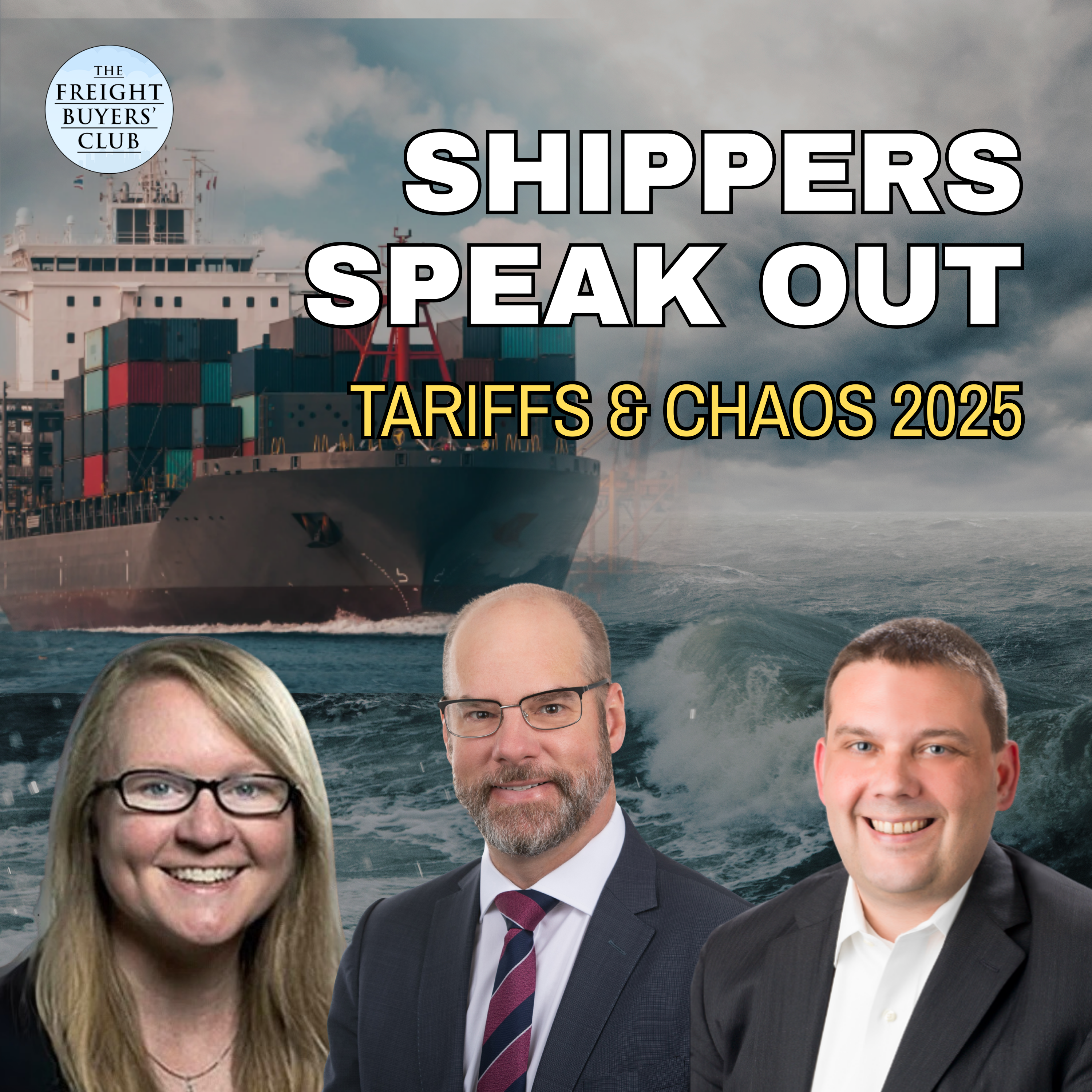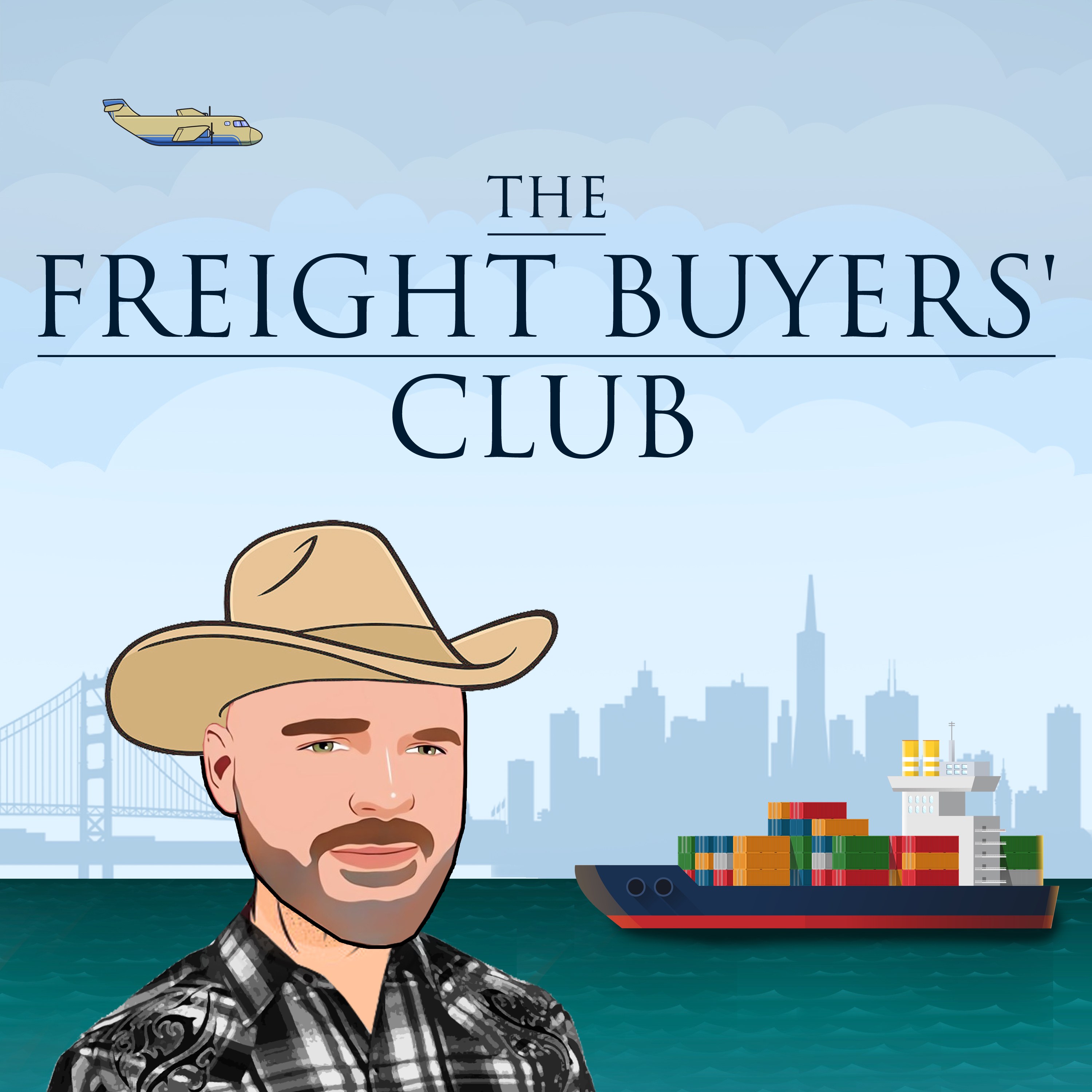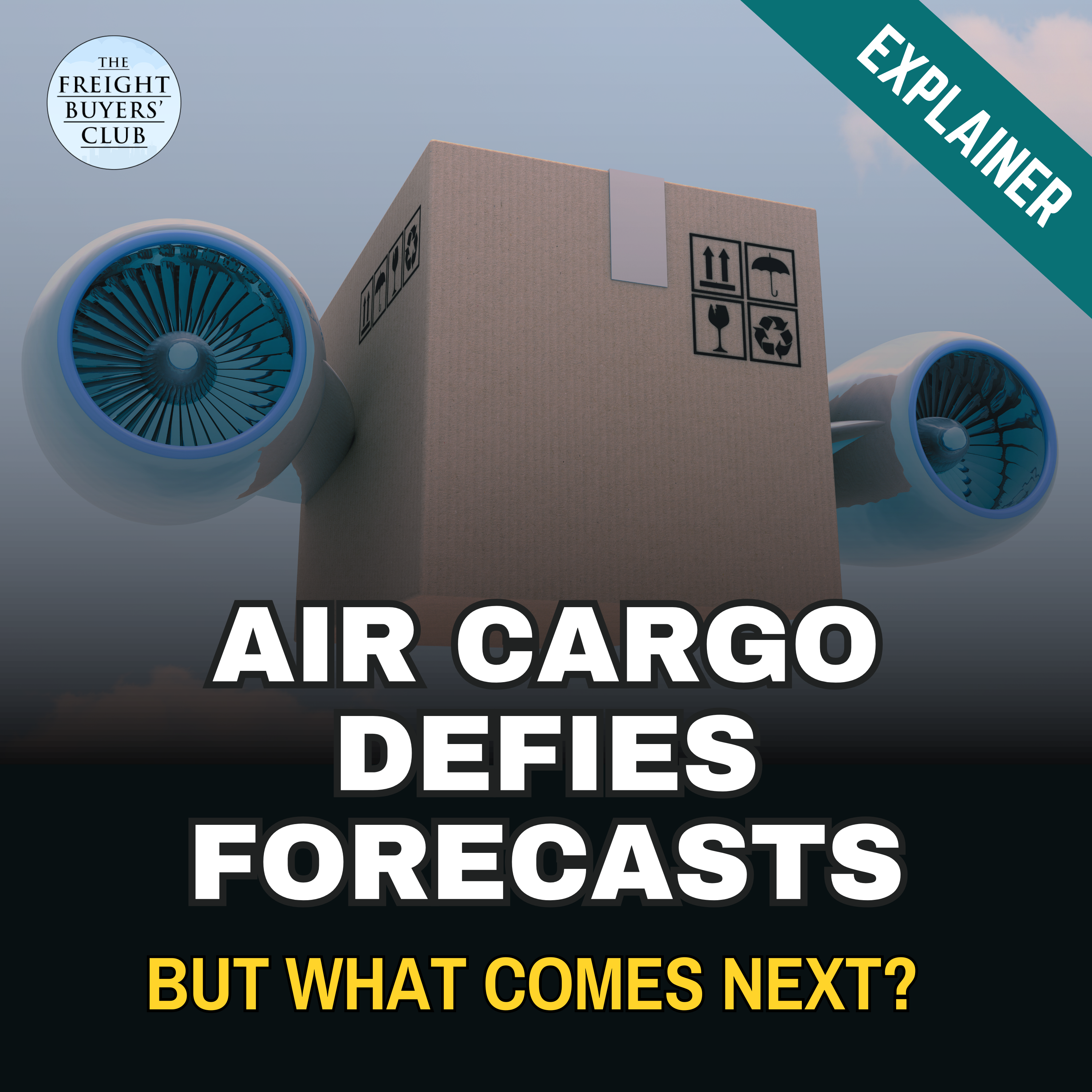Global trade is shifting fast, with customs rules tightening and supply chains facing new choke points. Wolfgang Lehmacher, Independent Supply Chain and Logistics Expert, explains how today’s trade environment echoes Brexit—but on a far larger scale. In this clip from EP51 of The Freight Buyers' Club podcast produced with the support of Dimerco Express Group [https://dimerco.com/], Wolfgang shares his perspective on: • Why contingency mode is now the new normal for supply chains • How customs processes and new trade rules are creating fresh risks • The shift from WTO multilateralism to fragmented bilateral and regional deals • What businesses must do to stay resilient in an uncertain trade world From Brexit to today’s fragmented trading system, Wolfgang highlights what shippers, manufacturers, and supply chain leaders need to know to navigate disruption. #brexit #supplychain #globaltrade #customs #logistics #wto #trade #asiatrade #shipping #procurement

This is Episode 50 of The Freight Buyers’ Club, produced with the support of Dimerco Express Group. In this milestone episode, host Mike King...

In this deep dive into US logistics and international trade, produced with the support of Dimerco Express Group, host Mike King explores whether 2024...

Air cargo wasn’t supposed to look this strong. Tariffs, the end of de minimis, political whiplash, war, and supply chain reshuffles all pointed to...